The 5 best states for having a baby in 2025 — and the 5 worst
From delivery bills to child care, the financial and logistical realities of having a baby vary dramatically across the U.S.
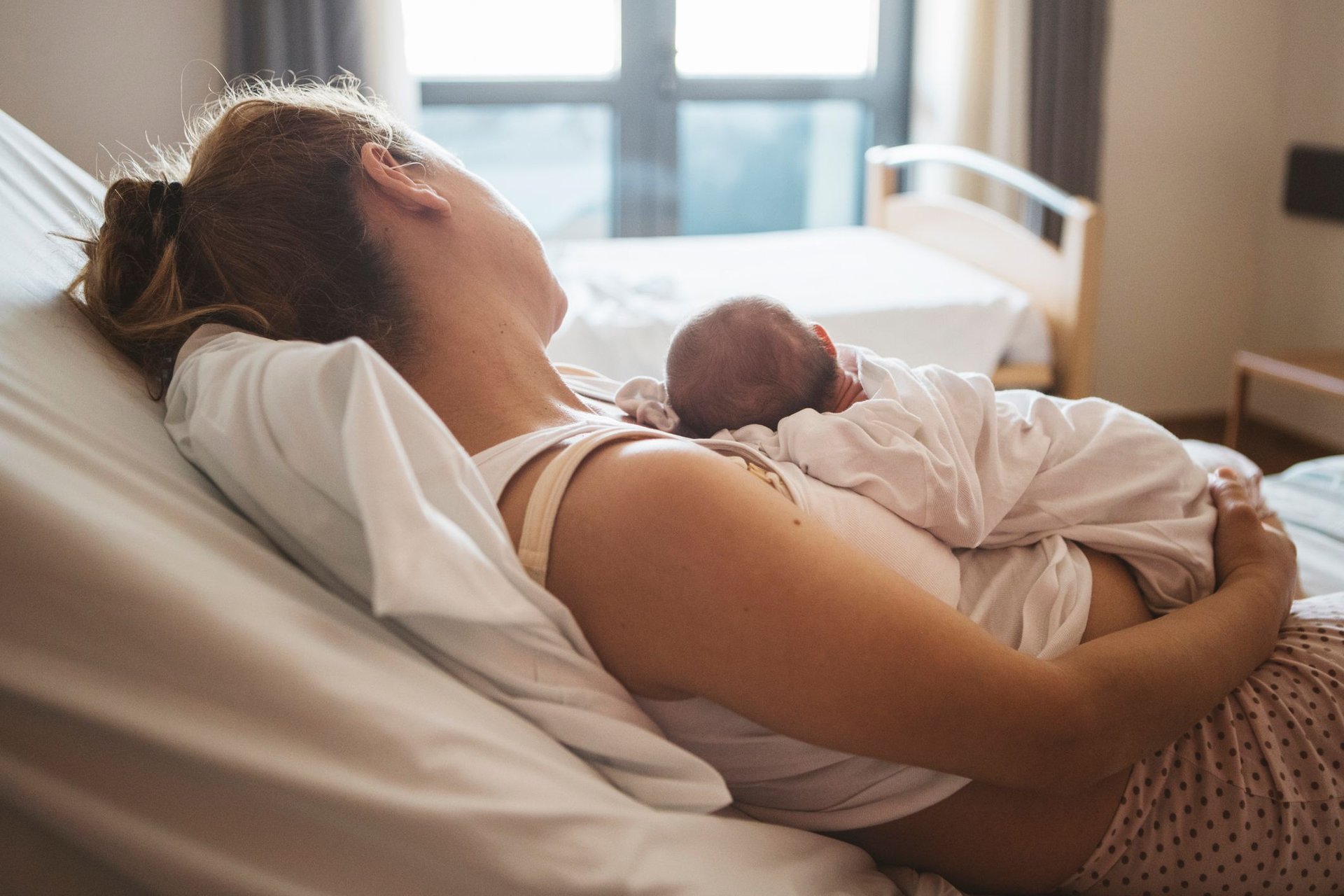
Welcoming a new baby is an exciting milestone, but the financial realities of parenthood can be daunting — especially in 2025.
The cost of giving birth alone in the U.S. can be significant, with a conventional delivery averaging more than $2,600 with insurance and approaching $15,000 without, according to WalletHub. Those expenses vary dramatically depending on where a family lives, influenced by local hospital charges, cost of living, and the potential for delivery complications.
But money isn’t the only factor. The quality of medical care, the availability of pediatric specialists, and the overall family-friendliness of a state all play a role in how smooth — or stressful — the first years of parenthood can be. Some states offer more supportive environments for raising children, with better health care access, lower child-care costs, and stronger economic conditions for families. Others are behind the curve.
To identify the most and least favorable places in the U.S. to have a baby, WalletHub evaluated all 50 states and the District of Columbia using 31 metrics. It looked at everything from the cost of delivery and health care accessibility to local parental support.
“The best states for having a baby minimize costs while providing top-notch care for both newborns and their mothers,” said WalletHub analyst Chip Lupo. “They also continue to be good environments for parents even long after the birth, with high-quality pediatric care, affordable and accessible child care, and a strong economic environment that makes providing for a child easier.”
The findings highlight just how much location matters — and why some states may give parents a head start while others make those first years far more challenging. Continue reading to see which made the list.
2 / 11
5th best: Maine

Seth K. Hughes / Getty Images
Maine rounded out the top five, ranking third in the nation for baby-friendliness, driven by access to child care, parental support networks, and a safe environment for infants. Its health care system ranked 11th, offering quality maternity care and accessible pediatric services. While its costs are more moderate at 25th place, Maine’s ninth-place ranking for family-friendliness — supported by a low crime rate, good schools, and overall quality of life — makes it a welcoming place to start and grow a family.
3 / 11
4th best: New Hampshire

Joe Klementovich / Getty Images
New Hampshire claimed fourth place overall, supported by high health care rankings and family-friendliness. It ranked the third-lowest overall by cost and sixth in health care quality, making it one of the more affordable states without sacrificing care.
While it scored lower in baby-friendliness at 45th — partly due to fewer maternity and infant-specific resources compared to top-ranked states — its overall balance of affordability, care quality, and long-term family support makes it a strong choice for new parents.
4 / 11
3rd best: Minnesota
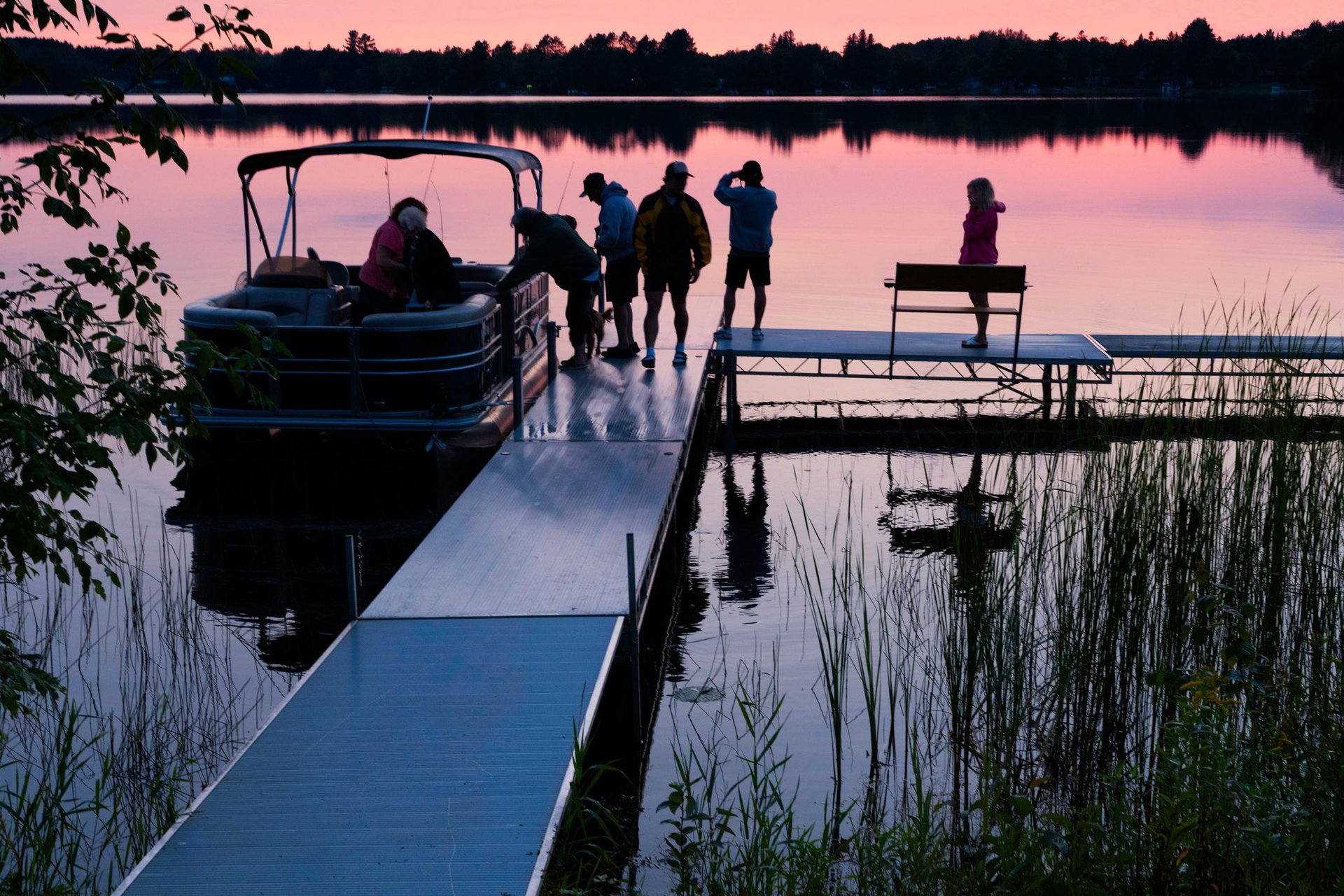
wanderluster / Getty Images
Minnesota earned third place thanks to its blend of affordability and quality care. Health insurance premiums average $355 per month — still significant, but the second-lowest in the country. Its medical outcomes are also strong, with the second-lowest maternal mortality rate and 15th-lowest infant mortality rate nationwide.
Minnesota also has a deep pool of medical professionals, ranking 10th for nurse midwives, 12th for OB-GYNs, and 14th for pediatricians per capita, which can improve access to timely care.
Child care quality is another strength. It has the fourth-highest share of nationally accredited child-care centers.
5 / 11
2nd best: North Dakota

Cavan Images / Getty Images
North Dakota ranked second overall, largely due to its low costs. It has the cheapest average price in the U.S. for a conventional delivery without complications — just $7,500 compared to as much as $27,000 in the most expensive states. It also ranked second for low-cost deliveries with complications and fourth for affordable cesarean sections.
Beyond the hospital, North Dakota has the third-lowest average hourly babysitter rate at $17.56, plus the ninth-most child-care centers and fifth-most mom groups per capita, giving new parents accessible care and community support. With the third-highest family-friendliness ranking, North Dakota is a cost-effective and supportive place to raise children long after birth.
6 / 11
Best: Massachusetts
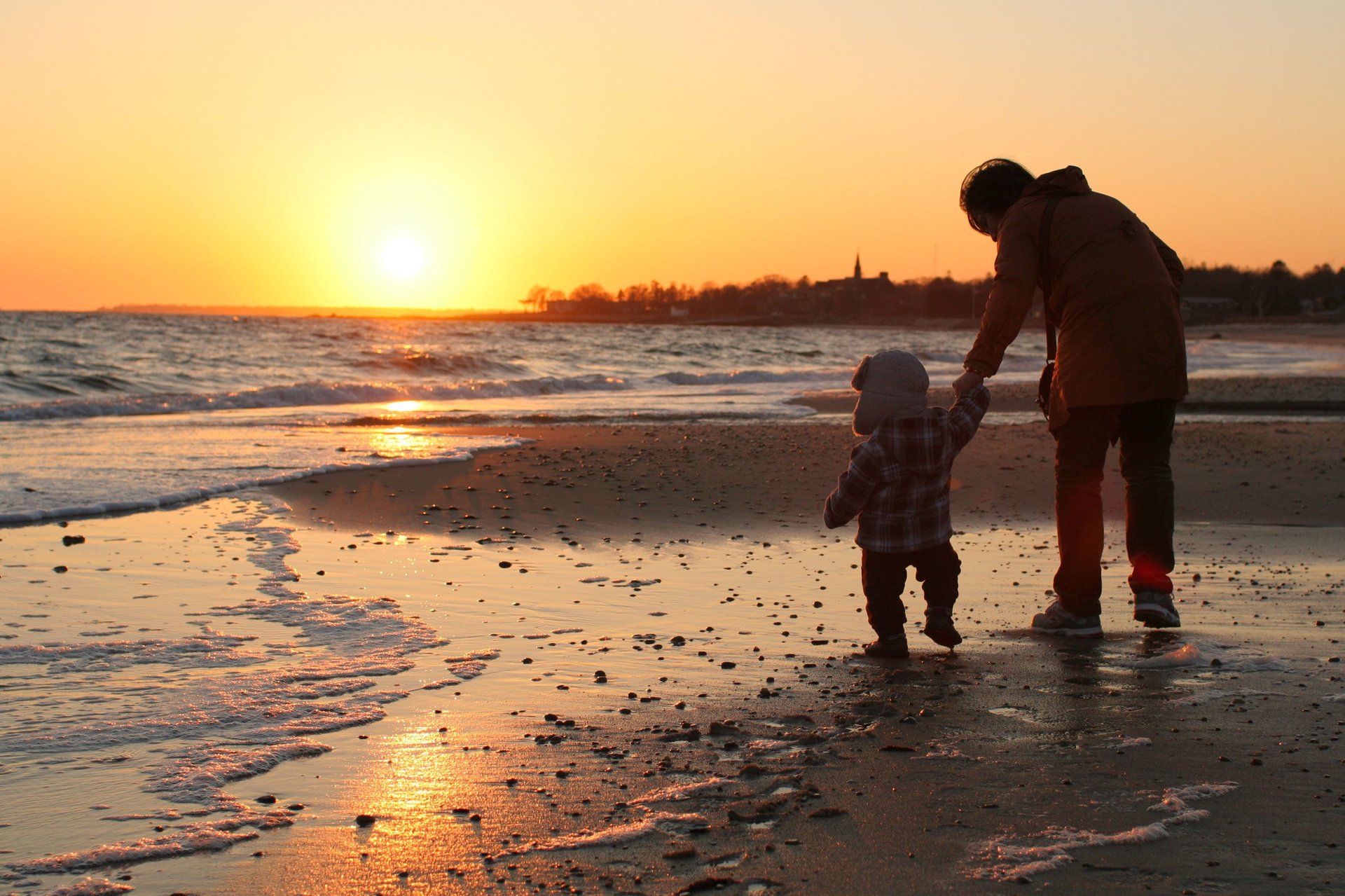
shunyufan / Getty Images
Massachusetts took the top spot as the best state to have a baby, thanks to great health care and strong family support systems. It boasts the third-lowest infant mortality rate in the nation and the eighth-lowest maternal mortality rate, alongside the country’s top neonatal hospitals for premature babies or infants with medical challenges.
Massachusetts also has the sixth-lowest rate of food insecurity among households with infants or toddlers, and the second-highest vaccination rate for children under age three, with 95% receiving all seven recommended vaccines. Parents benefit from the most generous leave policies in the country after childbirth, plus access to Medicaid-covered parenting programs.
7 / 11
5th worst: Georgia
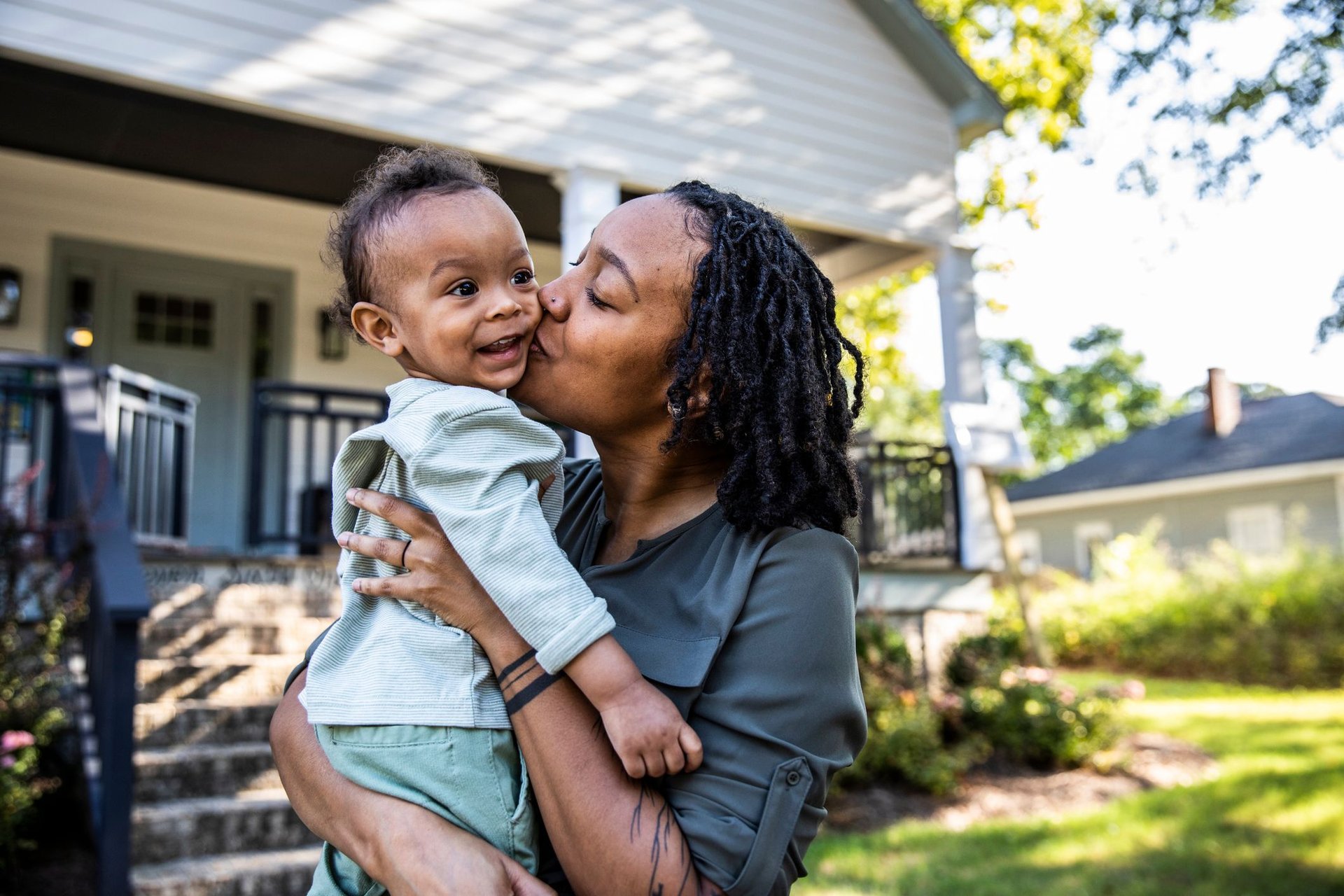
MoMo Productions / Getty Images
Georgia landed in fifth-to-last place. While delivery costs are average at 27th place, the state’s health care quality ranked just 39th and baby-friendliness ranked 46th. Limited access to maternity care in rural areas, a higher-than-average maternal mortality rate, and fewer resources for infant care also weighed down its standing.
Georgia’s 40th-place family-friendliness score reflected broader issues such as economic inequality and limited support services for parents, that make it least favorable for having a baby.
8 / 11
4th worst: South Carolina
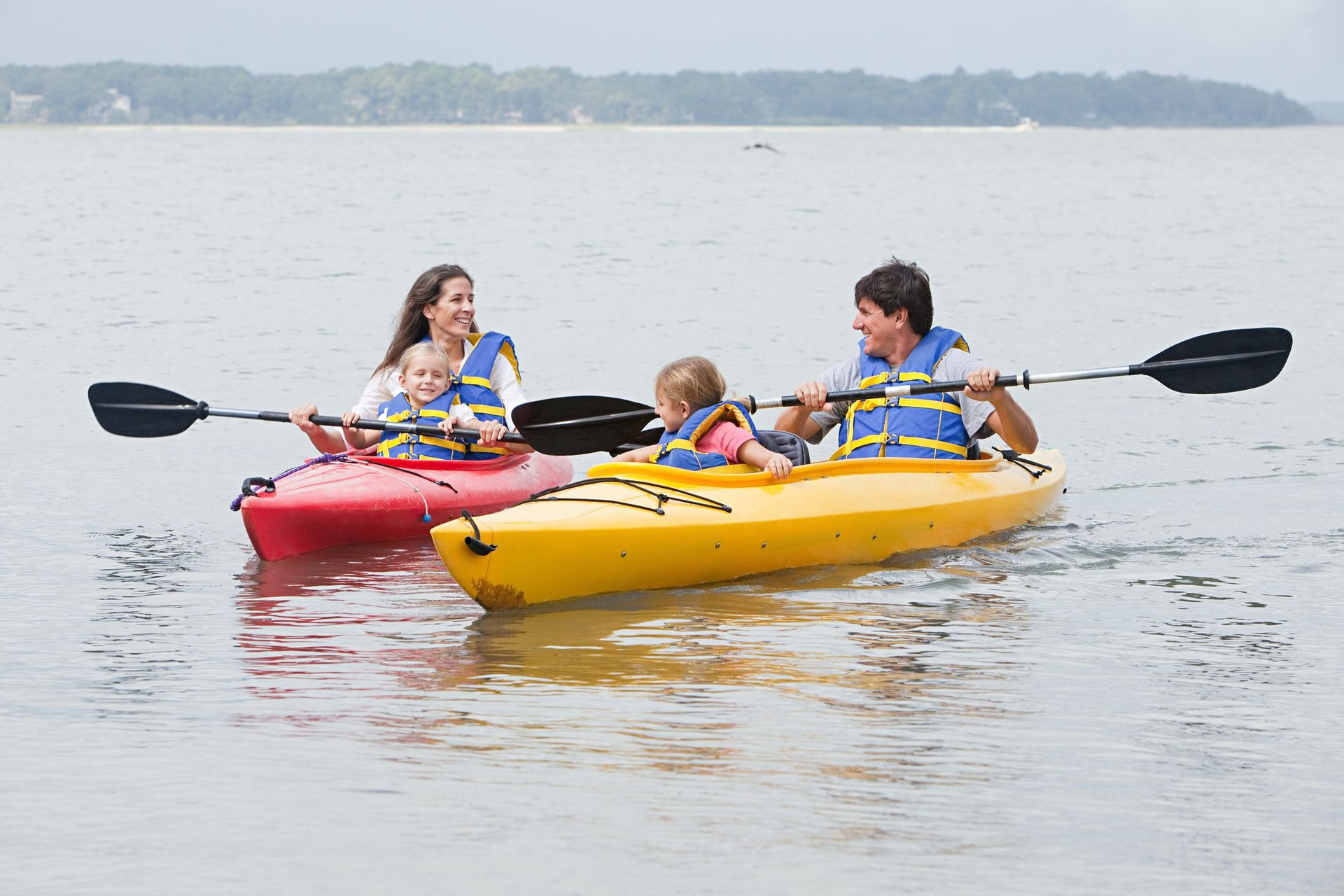
Connect Images / Getty Images
South Carolina faces serious challenges for new parents, coming in last in the nation for baby-friendliness. The state also ranked 43rd in health care quality, making it harder for parents to find specialized maternity and pediatric services.
While costs are not the highest in the country, at 31st, they’re paired with limited parental support networks and higher infant and maternal mortality rates than many other states. With a family-friendliness ranking of 42nd, South Carolina offers fewer long-term advantages for raising children than many of its peers, pushing it toward the bottom of the list.
9 / 11
3rd worst: Nevada

Jordan Siemens / Getty Images
Nevada’s low overall ranking stems from across-the-board weaknesses rather than a single category. The state ranks 34th in costs, 36th in health care quality, and 48th in baby-friendliness. Limited access to pediatric care, low rates of vaccination for young children, and fewer baby-specific support services contribute to its poor baby-friendliness score. With family-friendliness ranked 47th, the state struggles to provide a supportive environment for children once they're born.
10 / 11
2nd worst: Alabama

Sean Murphy / Getty Images
Alabama is the second-worst state for new parents, ranking 49th in health care quality and last in baby-friendliness. While its costs are relatively average at 29th, the quality and accessibility of maternal and infant care remain major concerns, with some of the nation’s highest maternal and infant mortality rates.
Its standing was further weakened by limited parental leave policies, a shortage of pediatric care providers, and fewer nationally accredited child-care centers. Its 45th-place family-friendliness ranking didn't help either, showing it has challenges extending beyond the newborn stage.
11 / 11
Worst: Mississippi
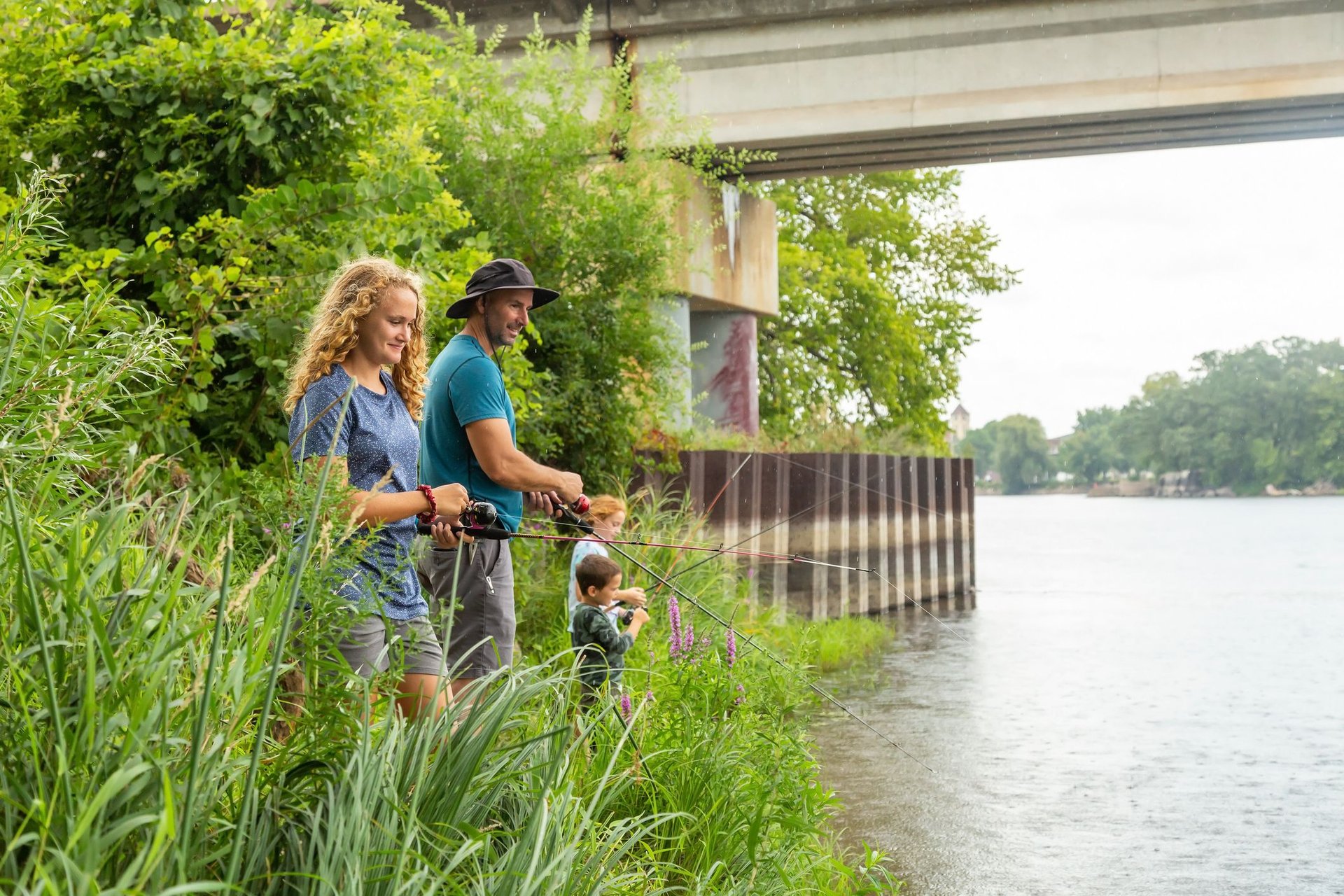
emholk / Getty Images
Mississippi ranks last overall, with some of the worst outcomes for both newborns and families.
Health care quality is the second-lowest in the nation, and family-friendliness ranked third-to-last. While costs are slightly better at 24th place, they are outweighed by poor access to prenatal and pediatric care, a high maternal mortality rate, and limited availability of early childhood resources. Add that up along with low scores in baby-friendliness and it's clear Mississippi has created steep challenges for raising children in the state.
